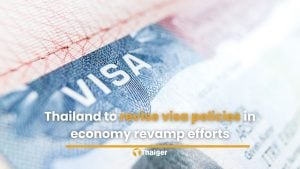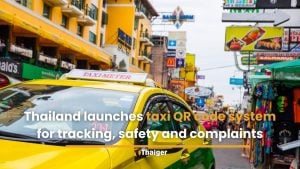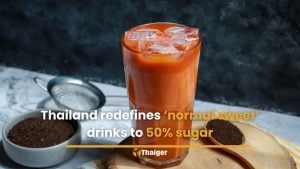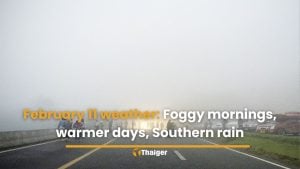Unilever, Honda and Coca-cola boycott Facebook
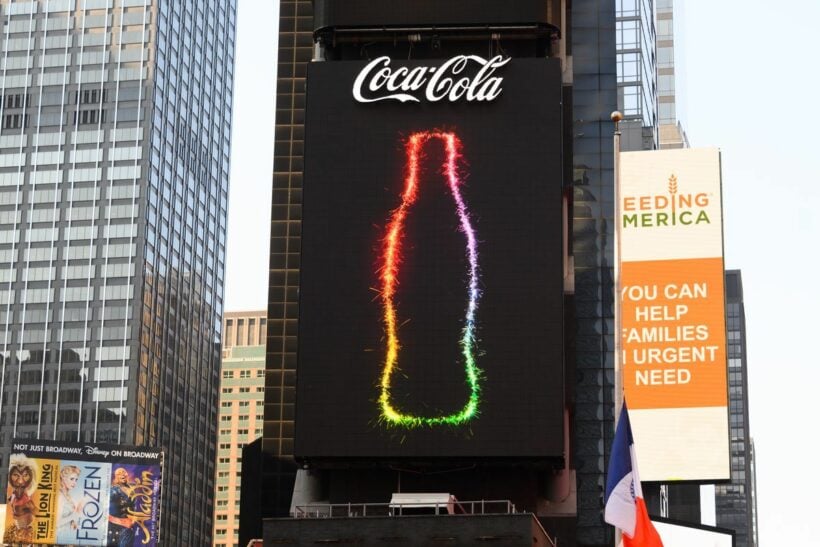
One of the world’s largest advertising spenders has added its name to the campaign to convince marketers to ditch Facebook. Global consumer goods company Unilever announced on Friday that it will stop advertising on Facebook and Instagram, joining a growing movement to stop spending ad dollars on social media platforms. In a post on its website, Unilever referred to its Responsibility Framework, which calls for more responsible platforms, content and infrastructure.
“Continuing to advertise on these platforms at this time would not add value to people and society. We will continue to monitor and, if necessary, revisit our current position.”
Unilever joins a growing list of advertisers, including Verizon’s wireless communications service company, who are pausing their advertising spending.
Unilever is one of the largest advertisers in the world, spending about $8.2 billion on “brand and marketing investment” in 2019, according to the company’s annual report. It owns a wide range of consumer brands including Lipton tea, Dove beauty products and Axe men’s grooming products.
According to data firm Pathmatics, Unilever spent $42.3 million on Facebook in 2019 and $11.8 million as of June 25. It’s one of a number of advertisers who are pushing for new rules for social media companies as part of the Global Alliance for Responsible Media.
On Friday night, Atlanta-based Coca-Cola announced that it would “pause” its global social media advertising for the month of July.
“We will take this time to reassess our advertising standards and policies to determine whether revisions are needed internally and what more we should expect our social media partners to rid the platforms of hatred, violence and inappropriate content.”
The moves come as social justice organisations and advertising watchdogs team up to pressure companies with details on how their ads support hate speech.
Later on Friday, Honda’s US operations announced they would also stop spending on Facebook.
“For the month of July, American Honda will stop advertising on Facebook and Instagram, choosing to stand with people united against hatred and racism. This is in line with the values of our company that are grounded in human respect.”
Facebook was criticised for its decision not to take action on President Donald Trump’s statements warning that looters would be shot during the protests. While the platform has taken numerous steps in recent years to crack down on hate speech, civil rights groups remain critical of the social platform’s. role in the rise of extremism, along with the latitude it gives the president.
Facebook spokesperson Andy Stone said the company is investing billions of dollars a year to keep its platform safe.
“We’ve opened up to a civil rights audit, and we’ve banned 250 white supremacist organisations from Facebook and Instagram.”
Stone also highlighted a recent European Union report that said that Facebook identified 90% of hate speech before it was reported, and acted faster than Twitter or YouTube.
In recent years, Facebook has been under pressure from advertisers to moderate its platform, but these efforts have failed to make much of a difference. Now, Unilever could end up influencing other companies to ditch Facebook, opening the door to a real impact on Facebook’s business, according to Nicole Perrin, Senior Analyst for Digital Marketing eMarketer.
“Unilever’s statement cites ‘divisiveness’ as well as hate speech. This suggests a deeper problem with user-generated content platforms, as divisiveness is expected on any platform that allows political expression.”
Facebook CEO Mark Zuckerberg spoke to advertisers this week to calm down the storm of protest about how the company handles both political ads and the spread of hate speech and false information across the board.
Facebook’s stock was down 7% on Friday, though it had declined all day along with a broader U.S. stock market decline.
Unilever also stated in a separate statement on its website that it would remove the words “fair & lovely” from a brand of skin whitening products sold in India as part of the evolution of beauty definitions.
Read More: Unilever drops “fair” from skin lightening cream’s branding
Latest Thailand News
Follow The Thaiger on Google News:




